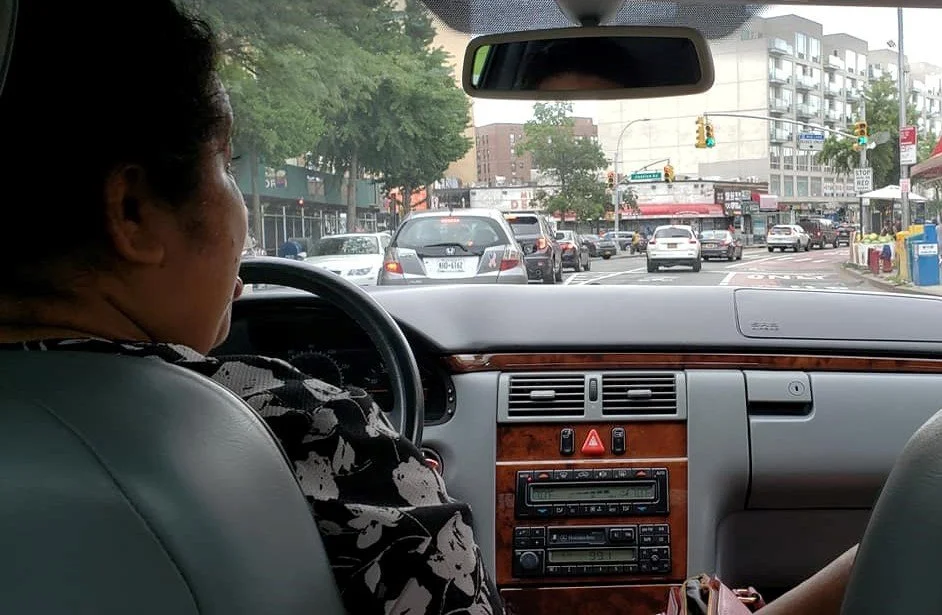FTC warns of heightened car buying scams; do a thorough research before buying a car
It takes a careful and practical car shopper to keep scammers at bay. Joel Rubi, of Stockton, California, made a thorough research in shopping for a car for his mother, Joy, 80, when the time came to replace her old car.
“I asked mom what car she wanted to get, and we went to three car dealers to compare the cars and its prices. I considered her preferred car and her budget in mind,” Rubi, 40, said in an interview.
Rubi said that they went for the car dealer which he found online which had good reviews and sounded knowledgeable about cars and terms. After three months of diligent research, Joel helped his mother get a used car with a reasonable price. Joy said she is so far, content with her car. “It is running pretty well. I like it,” she said.
But Joy’s and Joel’s experience was not most people experience in buying a car.
During this pandemic, car buying is the fourth leading source of consumer fraud. The Federal Trade Commission last year received more than 100,000 complaints from consumers who had been duped by fraudulent sales people.
Minority communities are often target of car scams: FTC
Daniel Dwyer, an attorney with the FTC’s Division of Financial Practices, at a Feb. 4 news briefing organized by Ethnic Media Services advised consumers to think of car buying as a “research project.” Extensive homework must be done before setting foot in the show room, he said.
Daniel Dwyer of FTC (Photo by EMS)
His tips for preparation include:
Know what kind of vehicle you want and how much you can afford. Dealers will always try to up-sell you.
For used vehicles, get a report from https://vehiclehistory.bja.ojp.gov/
Confirm the out-the door price before you leave home, and that the advertised vehicle is actually in stock. Dealers will often advertise one price, and then say that vehicle is not available.
Get pre-approved for a loan so that you don’t have to rely on a dealer’s financing, which often has much higher interest rates.
Read the paperwork before signing to ensure that the terms you agreed to are reflected. Watch out for “yo-yo” financing.
Many things the dealer says are required are actually optional.
Price and interest rates are always negotiable.
The FTC has also released an advisory for those who are behind on their car payments because of the COVID-19 pandemic.
Dwyer said that minority communities and low-income people are especially vulnerable to being ripped off. He noted one particularly egregious case settled by the FTC last year in which Carlo Fittanto, general manager of a Honda dealership in the Bronx borough of New York, told his sales people to charge higher financing markups and fees to African-American and Hispanic customers.
Fittanto told employees that these groups should be targeted due to their limited education, and not to attempt the same practices with non-Hispanic white consumers. According to the complaint, African-American and Hispanic customers paid more for financing than similarly situated non-Hispanic white consumers.
Bronx Honda sales people also changed the prices on paperwork without telling buyers; failed to honor advertised sales prices; and double-charged taxes and fees to minority buyers, reported the FTC. Fittanto and Bronx Honda were ordered to pay $1.5 million to settle the case.
“Cars are key to how we live, learn and provide for our families. They are also one of the most expensive and complicated purchases many people will make,” said Dwyer. # (with a report by EMS)

